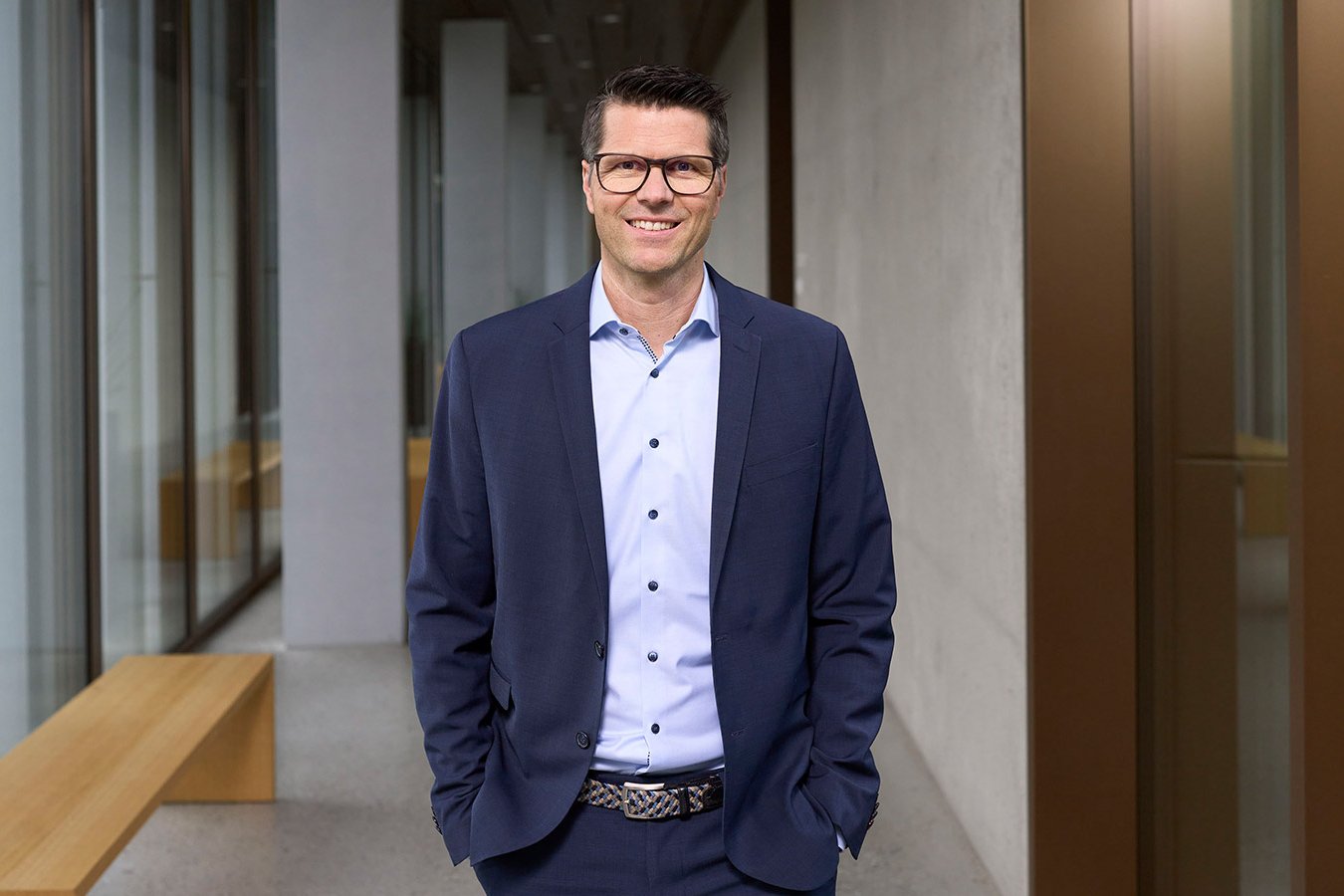Sustainability concerns everyone, especially companies
We all want a more sustainable world, and it will take everyone to get there: politicians, the economy, the public, and indeed companies. Companies have a major influence on whether sustainable development is a success. Let’s take a manufacturing company as an example: it doesn’t just determine how environmentally friendly the manufacture of goods is or how long lasting they are, it also determines the working conditions of its employees and the living conditions of the people near its production sites. It also creates rules and processes designed to ensure the company is transparent, ethical and responsible.


